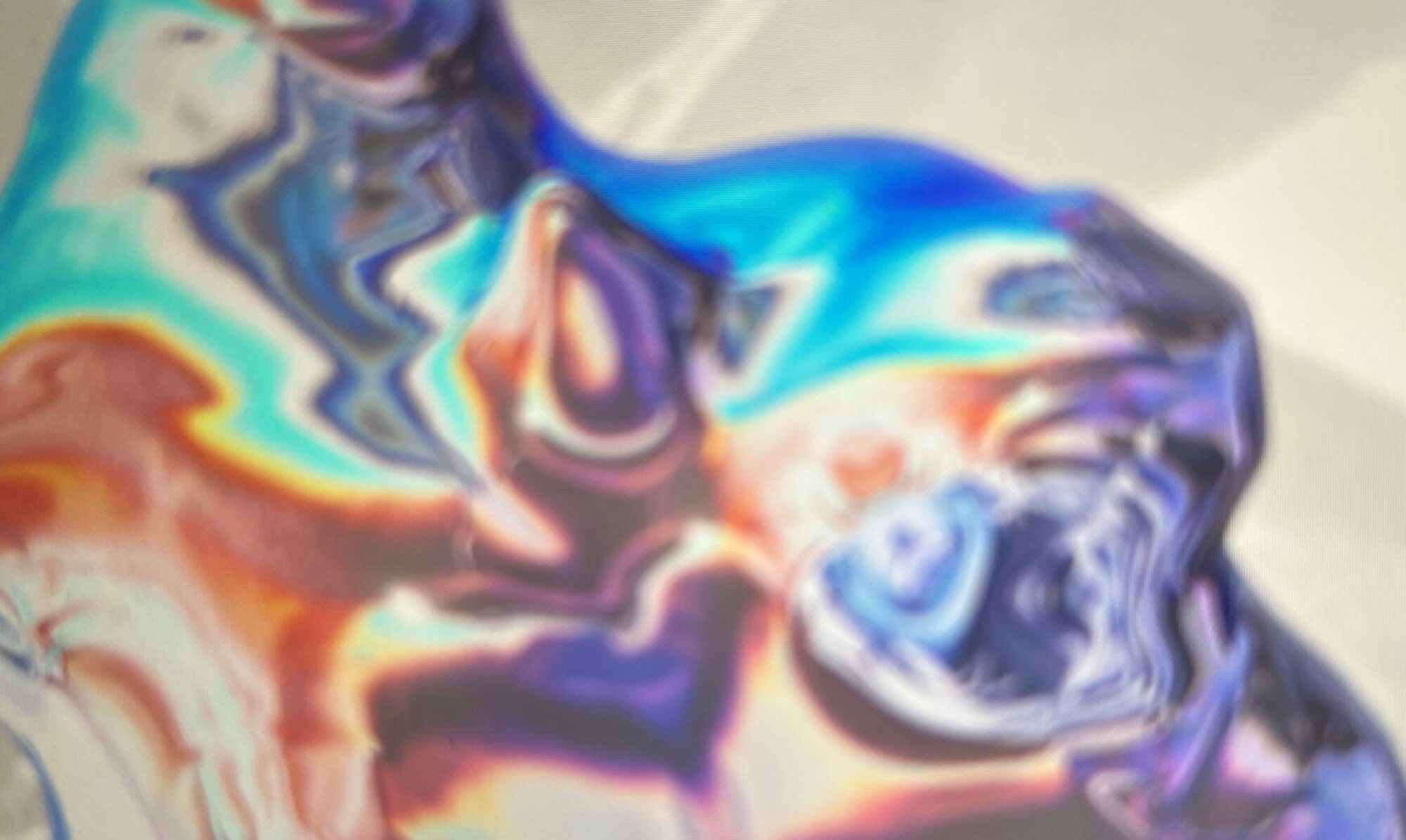Daniel Lichtman, “The Community Game-Development Toolkit”
In this session, participants will work together (very quickly) to produce a collage-based, visually abstract interactive 3D environment using the Community Game Development Toolkit. During the session, participants will contribute off-the-cuff photos and audio recordings of their immediate surroundings, quickly produced with phones and any other immediately available devices. Audio-visual content will be built into a chaotic and visually-dense 3D scene during the course of the session. The scene will register an intersecting series of visual, affective and associative traces of participants’ physical surroundings. The session will conclude with a very brief introduction to the Community Game Development Toolkit.
The Community Game Development Toolkit is a set of tools that make it easy and fun for students, artists, researchers and community members to create their own visually rich, interactive 3D environments and story-based games without the use of coding or other specialized game-design skills. Building on the popular 3D game design engine Unity, the toolkit provides intuitive tools for diverse communities to represent their own traditions, rituals and heritages through interactive, visual storytelling.
In order to quickly create vibrant, visually rich scenes without the use of 3D modelling, the toolkit draws on creators’ own photos, collages, drawings and sound recordings to create objects and textures in 3D space. This technique allows creators to bring their own visual references and sensibility into the game environment and makes creative experimentation rewarding and fun for creators who may have no prior experience in 3D modelling or even visual art. The toolkit also provides a set of game components that make it easy to add many types of interactivity to games without the use of code including mechanisms for moving between scenes to create interactive visual narrative, autonomous characters and interactive text.
The toolkit is part of the VR-REU grant (NSF) in immersive visualization and virtual/augmented/mixed reality at the Visualization and Virtual Reality Lab at Hunter College, taught in games courses at Baruch College, CUNY and other CUNY campuses, will be part of the In(Queeries) – Queering of Time Travel project, New York, plays a consulting role in the Ant Farm Art Building Creative Preservation Initiative (AFAAB) at Antioch College and has been featured in workshops at universities and institutions across the country.
An initial public release of the toolkit will be available imminently.
Previous collaborative workshops involving the toolkit were held during the 2021 SLSA conference and as part of ‘A Tilting Body of Precarious Maps and Migrant Constellations’, exhibition at BusProjects, Melbourne, Australia.
Info about the toolkit and documentation of previous collaborative workshops is available at https://www.daniellichtman.com/idmaa2022conference/
